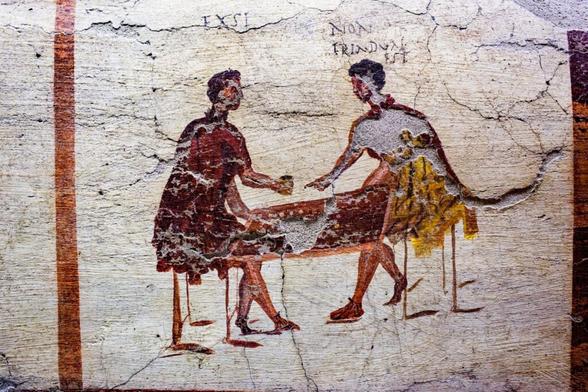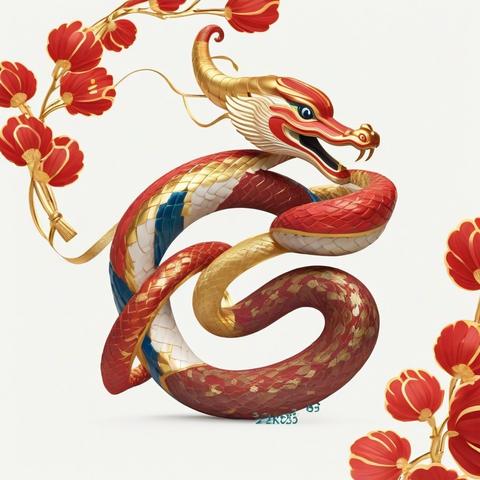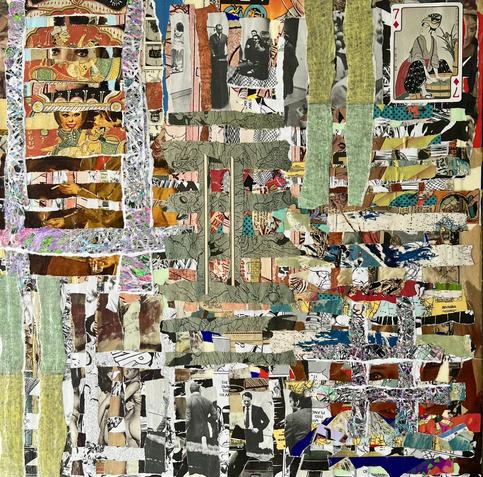Had Marlowe Read Ctesias?
Marlowe could not see these ancient Roman gamblers at a pub because they were still buried with the Pompeiians, but we can. The caption reads EXSI (“I’m out!”) and NON TRIA DUAS EST (“Its not three, but two!”) In the next scene they start to shove each other around. Note the dice-box and the lack of legs for the table where they play. Its possible that the gambler in yellow has just bet his tunic. https://commons.wikimedia.org/wiki/File:Wall_painting_-_scenes_around_the_pub_-_Pompeii_(VI_14_35-36)_-_Napoli_MAN_111482_-_04.jpgChristopher Marlowe has not yet departed that that little, little span the dead are borne in mind. We remember that he wrote Dr. Faustus and Tamburlane the Great and died in a drunken quarrel over a bar bill (and perhaps because he was part of the long tradition of English writers working as spies to pay the bills). Unlike Shakespeare he had a good formal education, not just grammar-school Latin but a Master of Arts from Cambridge, and unlike Shakespeare he could not keep his subversion in the mouth of fools and madmen. His life of Tamurlane was what J.J. Abrams would have done at an early modern theatre, with overblown rhetoric, battles, love affairs, and special effects. There was even a disappointing sequel driven by crass commercialism. Its full of ancient Greek flavour because Marlowe knew much more about ancient Greeks than modern Persians (emissaries of the English East India Company would reach Shah Abbas by 1614 after Marlowe’s timely death). Several times Marlowe’s characters accuse Tamburlane of being a shepherd which sounds like a way to get a tower of skulls with your name on it.
COSROE. What means this devilish shepherd, to aspire
With such a giantly presumption,
To cast up hills against the face of heaven,
And dare the force of angry Jupiter?
… and later …
In this famous mock-gravestone from Aesernia in Roman Italy, someone with the totally real name Lucius Calidus Eroticus works out the bill for wine, bread, side dishes, the services of one Fannia Voluptas (a bit more plausible as a working name), and fodder for a mule. “That mule will ruin me.” https://www.europeana.eu/en/item/2058806/EDR__d6de338bf201e656ac5d837936507aef__artifact__choTHERIDAMAS. Tamburlaine!
A Scythian shepherd so embellished
With nature’s pride and richest furniture!
His looks do menace heaven and dare the gods;
His fiery eyes are fix’d upon the earth,
As if he now devis’d some stratagem,
Or meant to pierce Avernus’ darksome vaults
To pull the triple-headed dog from hell.Both quotes are from the Project Gutenberg edition of Tamburlane the Great, Part 1 https://www.gutenberg.org/files/1094/1094-h/1094-h.htm
I don’t know if any Latin Christian writers emphasized that Tamurlane was a shepherd (he was actually born to a wealthy and influential father, and the only sheep he herded were the ones he was stealing, but nobody in England knew Farsi or Turkish). But one ancient text, as summarized in the tenth century, does accuse a famous conqueror of being a common herder: Cyrus the Great. This is Nicholaus of Damascus’s history of the world, which probably reworked Ctesias’ history of Persia for its ancient Persian history. We enter the story when Astyages the king of the Medes has learned that a young man named Cyrus has defeated one of his armies in Persia.
“And the king (Astyages) struck his thigh and said ‘Alas! I resolved often enough not to treat bad men well, but I have been ensnared by fine words all the same: I took on Cyrus, a wicked goatherd, a Mard by birth, and produced such utter destruction for myself. But now he shall not enjoy the pleasures he desires.””
Nicholaus of Damascus, Excerpta de Insidiis (= Ctesias Fragment F8d.30 Lenfant, translated by llewellyn-Jones and Robson p. 166)
I don’t think this detail appears in the better-known stories about Cyrus in Herodotus and Xenophon, or in collections of anecdotes and details like the Suda. Its not a very common slur in the ancient world, although Greek aristocrats accused each other of having been in business. I wonder if Marlowe (or his sources) might have gotten the idea of calling Tamburlane a Scythian shepherd from Astages calling Cyrus a Mardian shepherd.
Do any of my gentle readers know research on Marlowe’s classical sources? Were there Latin versions of Nicholaus of Damascus in Elizabethan England? Did Marlowe use any sources on Tamurlane derived from East Roman writers who were familiar with Ctesias? I am a versatile and productive scholar but Elizabethan drama is not one of the areas of my expertise!
Help keep me from falling into bad company to pay the bills by supporting this site on Patreon or elsewhere.
(drafted 1 May 2025)
#ancient #ChristopherMarlowe #Ctesias #CyrusTheGreat #drama #modern #Tamurlane


















